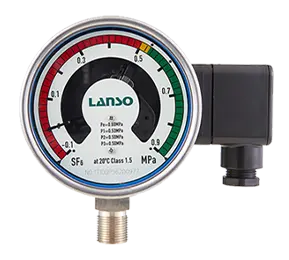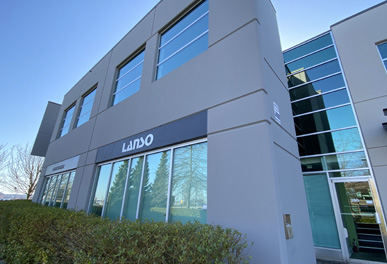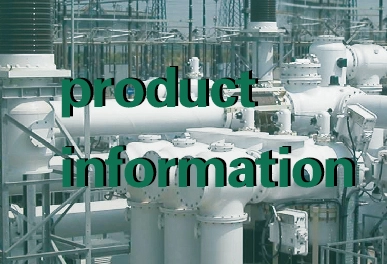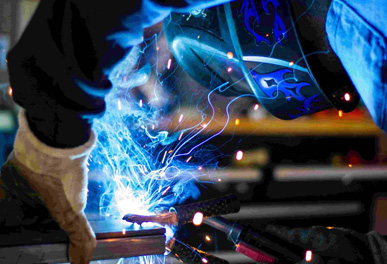Ⅰ. Temperature difference on the SF6 relay reading deviation impact problem
1. The temperature value T body at the switch body and the temperature value T relay at the installation of density relay are not the same, i.e. T body ≠ T relay, and there is a temperature difference. Not every place in the substation has the same temperature, some places have high temperature, some places have low temperature, and the temperature of each switch body is not exactly equal.
2. In fact, there is a certain temperature difference between the temperature value T body at the switch body and the temperature value T relay at the installation density relay. When the temperature difference between the two places is large, it will cause deviation. When the temperature difference is serious, it will also cause a false operation (alarm).
Ⅱ. To regularly calibrate the SF6 relay reason analysis
Because the SF6 relay with other manometers in the use of a period of time after its alarm and blocking value will produce a certain drift, coupled with the temperature compensation material after a certain period of time due to material aging deformation, will make the alarm and blocking value of a large error; In addition, because the density relay contact action is not frequent, and may contact action is not sensitive or failure. This hidden danger can directly lead to when the SF6 switch due to gas leakage, so that the pressure inside the body down to the alarm or blocking value, can not be timely alarm or blocking, thus causing a major accident. Therefore, calibration should be performed regularly. The quality problems of density relays are mainly reflected in.
1. The seismic performance itself is not up to par, after the switch is divided and closed strong impact, the pointer jammed, the contact forever failed (no action or always action), deviation exceeds the standard and other failures.
2. Due to oil leakage, its seismic performance decreases, and after the switch is divided and closed with strong impact, the pointer jams, the contact always fails (does not move or keeps moving), the deviation exceeds the standard and other failures.
3. Due to the widespread use of SF6 gauge relay whose contacts are magnetic-assisted electrical contacts, the contact closure force itself is small, a little longer, the contact an oxidation, the contact will not work or unreliable contact. For the oil-free type, magnetic contact contact exposed to the air, very easy to oxidation or accumulate dust, the contact is easy to contact poor or not; for the oil-filled type, magnetic contact contact although immersed in silicone oil, but a long time, after several actions, its contact performance will decline, coupled with the oil film has an insulating effect, the contact will also contact poor or not.
4. Due to SF6 gauge itself manufacturing quality problems, there is inaccurate temperature compensation, the error is seriously large.
5. Due to insufficient aging or material problems, a long time, it will drift, the accuracy will be seriously large, causing the density relay can not be used.







